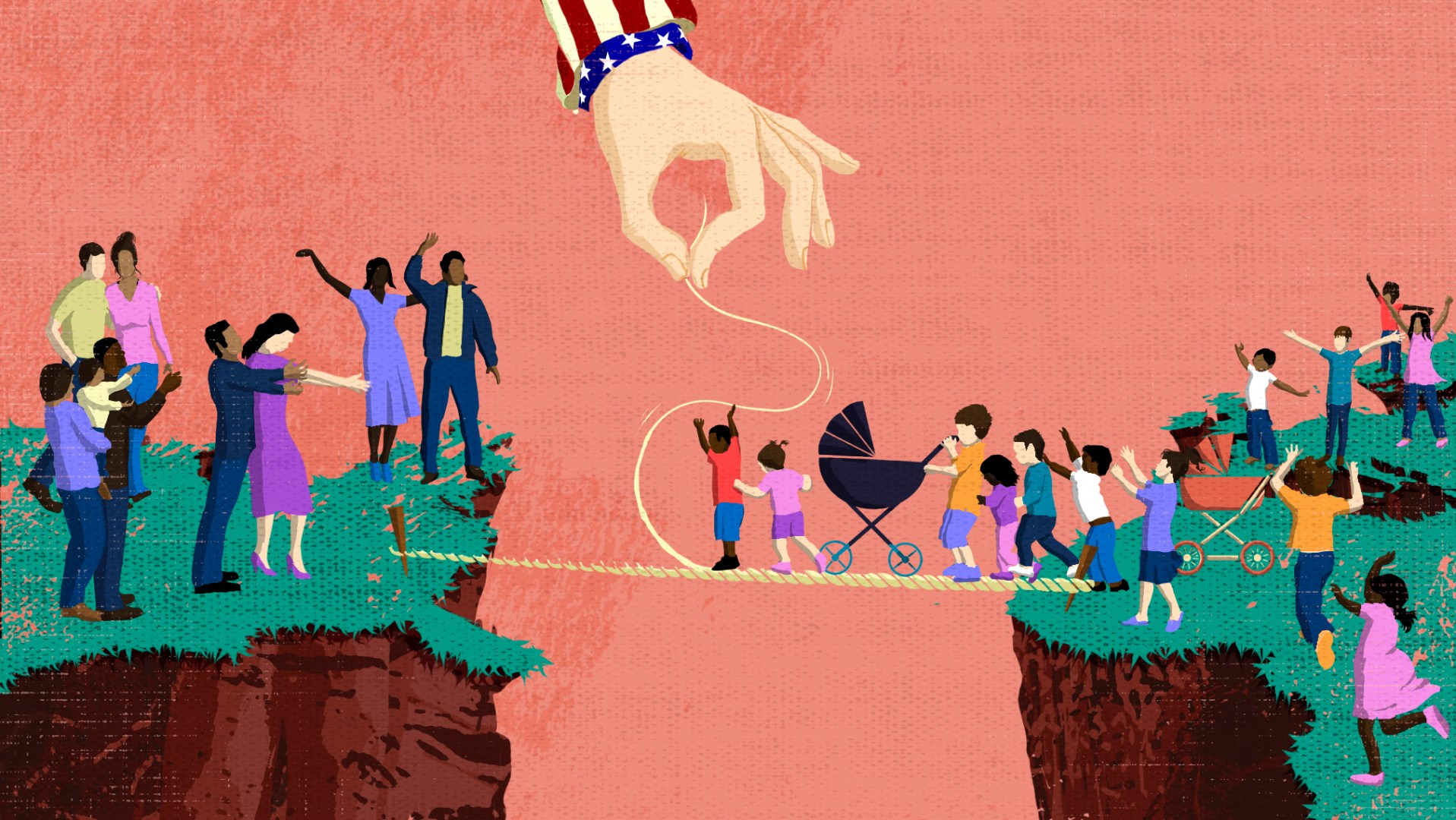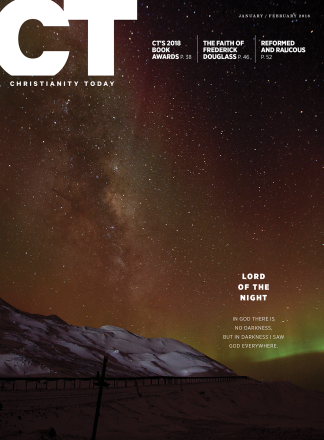Last fall, America’s only active accreditor of international adoption agencies quit.
The Council on Accreditation (COA) protested that the US State Department was requiring “significant changes” that would likely reduce the already record-low number of intercountry adoptions, put small adoption providers out of business, and prohibit prospective parents from pursuing such adoptions.
However, the State Department argues that the changes in question aren’t changes at all. Officials point back to a 2008 agreement by the United States to adhere to the Hague Adoption Convention, an international attempt to regulate intercountry adoptions.
“We came to realize there were pieces of the regulation that were not being enforced,” a State Department official, who requested anonymity, told CT. Making sure the Hague laws are followed is crucial for helping foreign countries entrust their children to American parents, she said.
That was the motivation behind a set of proposed regulatory revisions which included a “country-specific authorization” in order to work in some countries, beefed-up training for adoptive parents, and a record of all financial transactions with foreign service providers.
The changes were meant to be part of “proactive efforts to maintain intercountry adoption as a viable option for children in need of permanency around the world,” the State Department stated in its spring report to Congress. For example, introducing country-specific authorization means that not all agencies have to get authorized for all countries.
But almost no one else in the adoption community saw it that way. A petition to immediately withdraw the proposed rules garnered more than 27,000 signatures. More than 90 accredited adoption agencies signed or endorsed a request for withdrawal, arguing the regulations failed “to identify what problems or issues they seek to address” and “are an effort to control rather than regulate intercountry adoptions.”
COA objected too, stating the “regulations do not sufficiently articulate the need” for country-specific authorization. Neither did the accreditor like the State Department’s suggestion that parents adopting internationally get their additional training in foster parent classes. Not only would that burden state and county training agencies, COA stated, but the topics wouldn’t be relevant.
The outcry was so great that the State Department withdrew the proposals. But in September, fears of tighter regulations popped back up when agencies were asked to file their formal agreements with agents in foreign countries that help to “facilitate” adoptions.
The requirement itself—though it can be frustratingly vague—isn’t really a big deal. The bigger problem, according to some adoption agencies, is that it feels like another narrowing of the international adoption bottleneck.
Intercountry adoptions have dropped nearly 80 percent in the last 13 years, from 23,000 adoptions in 2004 to just 5,300 in 2016. The reasons are complicated, ranging from a relaxed one-child policy in China to political backlash in Russia to more domestic adoptions in Ukraine.
Some countries—including Uganda, the Democratic Republic of the Congo, and Haiti—have also limited intercountry adoptions to clean up their adoption systems.
That’s arguably the same goal the State Department has. Sloppy post-adoption reporting by American parents and some illegal or unethical behavior from American adoption agencies are barriers to foreign approval, officials told CT. In fact, Ethiopia referenced both when closing all foreign adoption in November.
“We’ve seen adoption service providers engaged in highly questionable practices,” said Hollen Frazier, president of All God’s Children International. “[The State Department] sees things that sometimes agencies don’t want to admit is happening.”
But the State Department’s restrictions—and, on a larger scale, the restrictions of all governments trying to work within Hague Convention parameters—have also played a role in slowing down international adoptions.
That’s frustrating to agencies because the interest from American families is still high. So is the need—more than 15 million children worldwide have lost both parents. The “slender bridge between them” is intercountry adoption, said Christian Alliance for Orphans president Jedd Medefind.
The State Department’s regulations make that bridge narrower and feel like strangling to an adoption community that has lost about 50 of its 200 Hague-accredited agencies to closure since 2008, according to Daniel Nehrbass, president of Nightlight Christian Adoptions.
But for the State Department, restrictions are an attempt to persuade foreign governments to allow Americans to adopt. Suspicions are high in countries without a culture of domestic adoption, where eyebrows are raised when anyone professes interest in a child not their own.
Governments without a child welfare system “look to us and say, ‘If you can’t get it under control, we can’t do adoptions anymore, or we aren’t willing to start them, because we’re afraid,” an official told CT.
The trouble comes when rooting out corruption squeezes off adoption altogether, Nehrbass said.
For example, concerns over Guatemala’s corrupt child welfare system led to its closing all international adoptions in 2007. Ten years later—though UNICEF says the country has the sixth-highest child murder rate in the world and almost half of its children are malnourished—Guatemala told US officials that it’s still not ready to reopen.
The State Department has a lot of influence with foreign governments, Medefind said. Both its relationships and its aid “could be used to prioritize ensuring that children can grow up in families,” he told CT. “State could play a more proactive, positive role in helping foreign governments to develop effective adoption systems that include both local adoption as a priority and also international adoption when there is no local option.”
The State Department is trying its best, an official told CT. “Last year, we visited 30 countries and had 26 others visit us. We’re trying to address this concern and make sure when we say, ‘We have regulations around providers and can make sure this works,’ we can say that with sincerity. And that requires the agencies to do their part.”
The State Department and adoption agencies share the goal of advancing intercountry adoptions. But how they communicate might go a long way toward resolving their conflicts.
“Frankly, if the State Department had a proactive record of working to open countries up to adoption and working collaboratively with agencies, people would have no reason to fear,” said National Council For Adoption vice president Ryan Hanlon. “They would probably view the regulations as coming from good intentions and yield.”
Sarah Eekhoff Zylstra is a contributing editor for Christianity Today.










